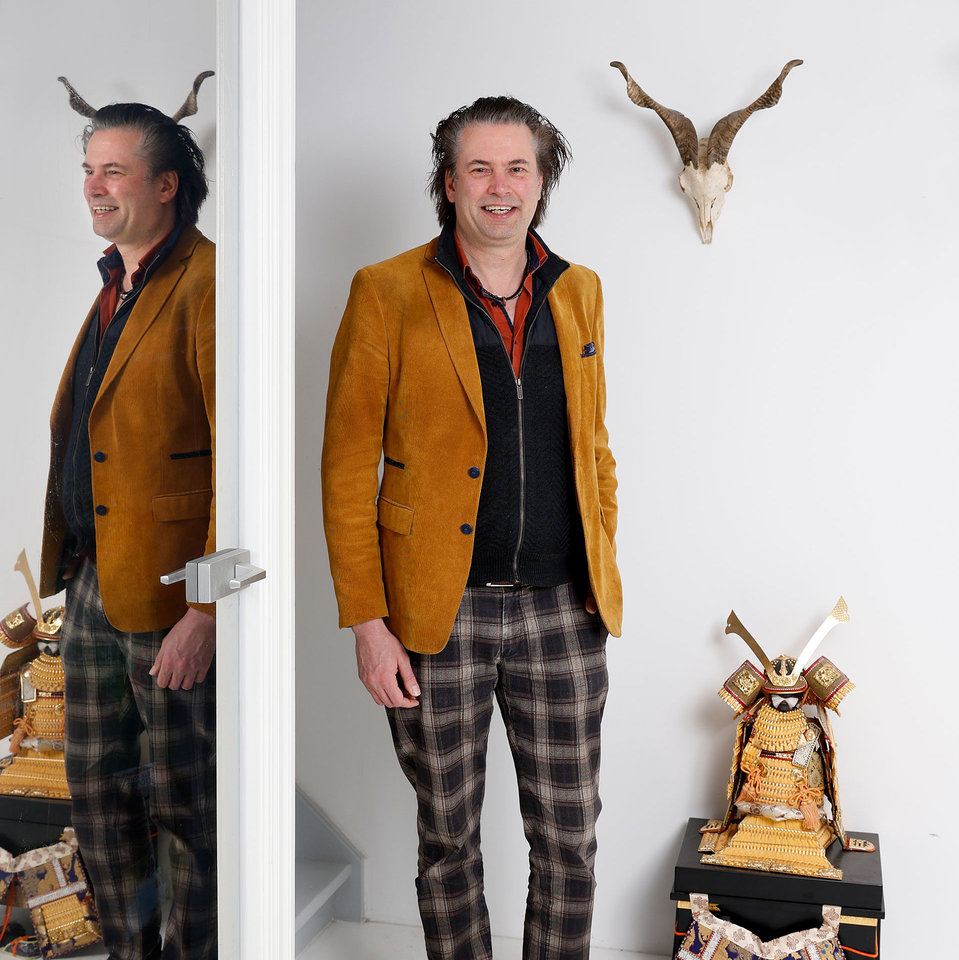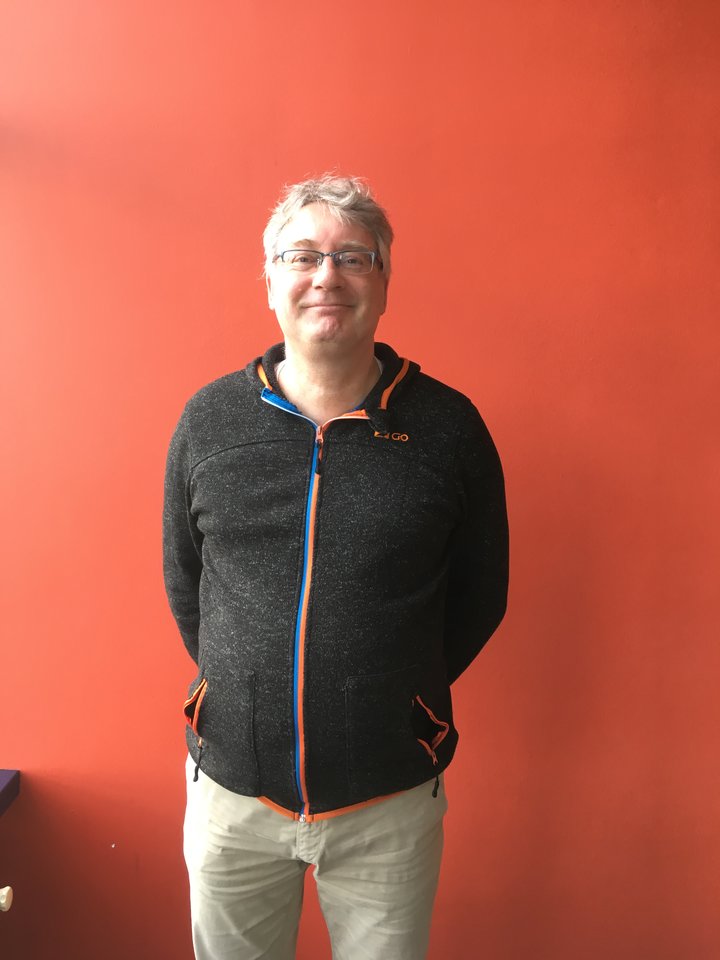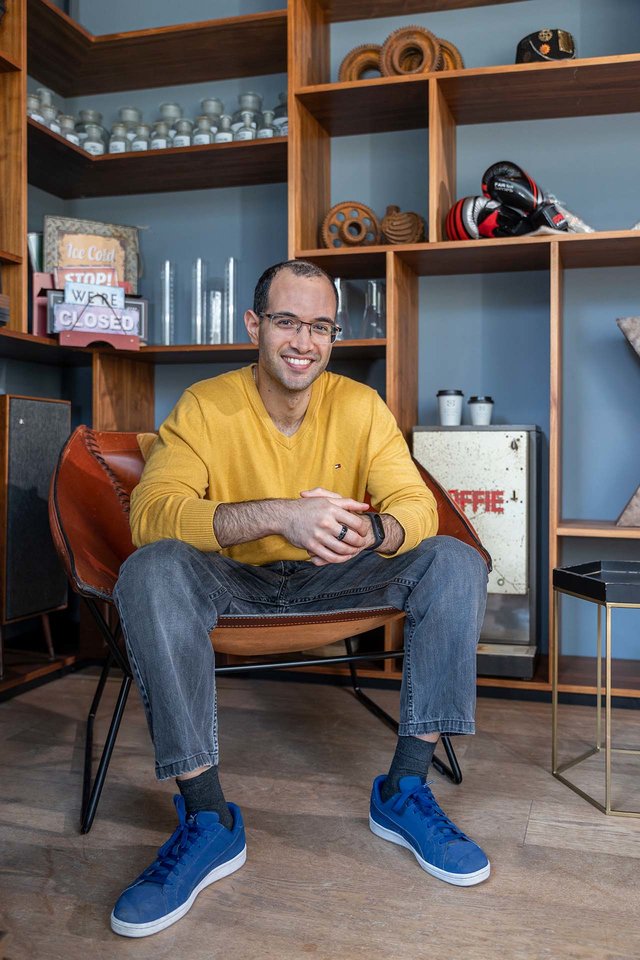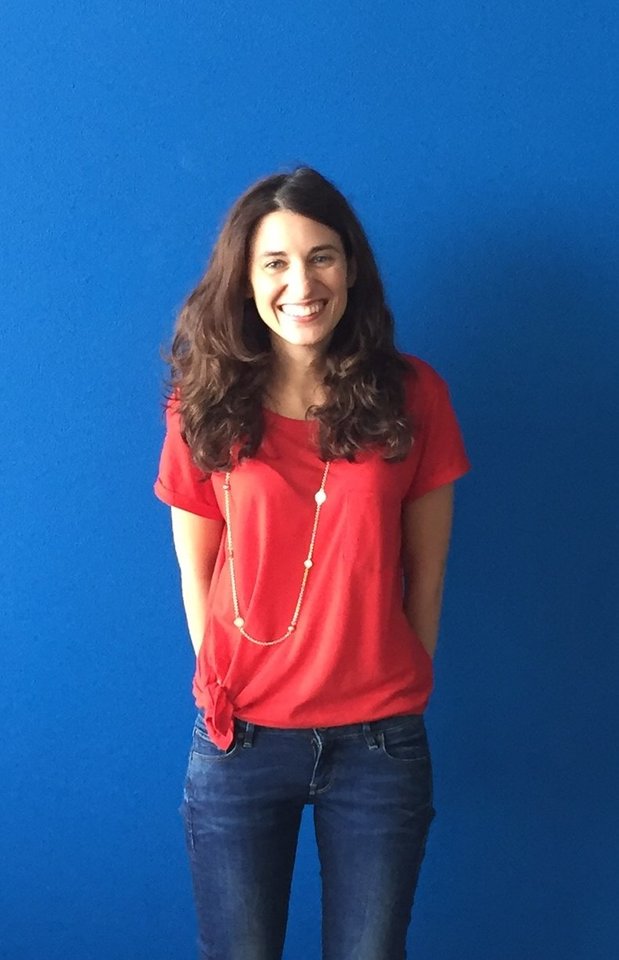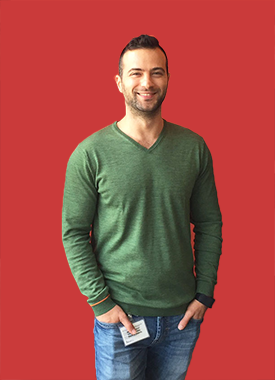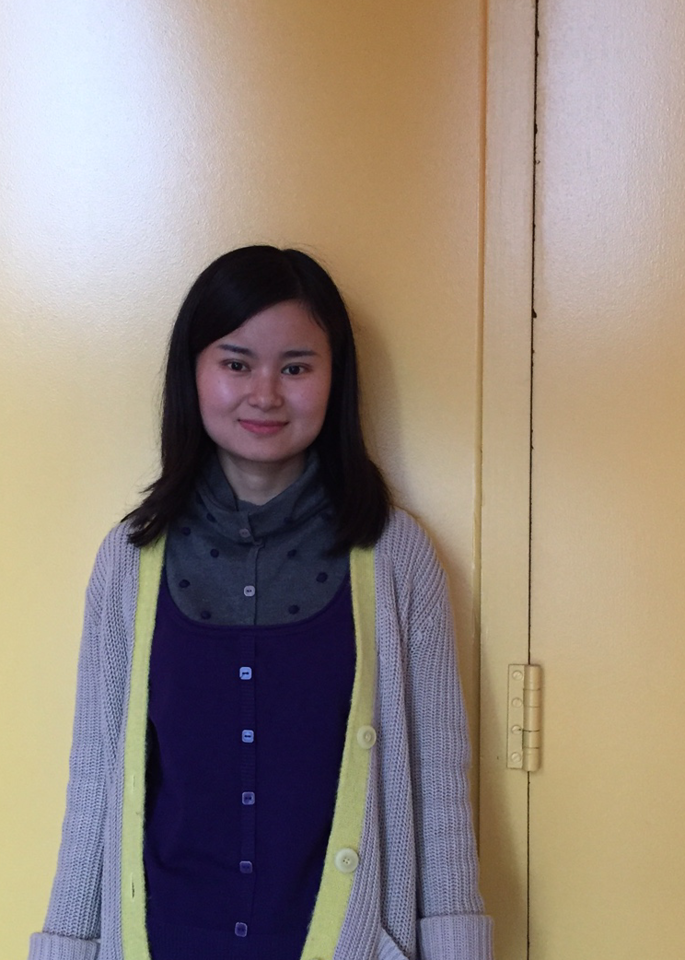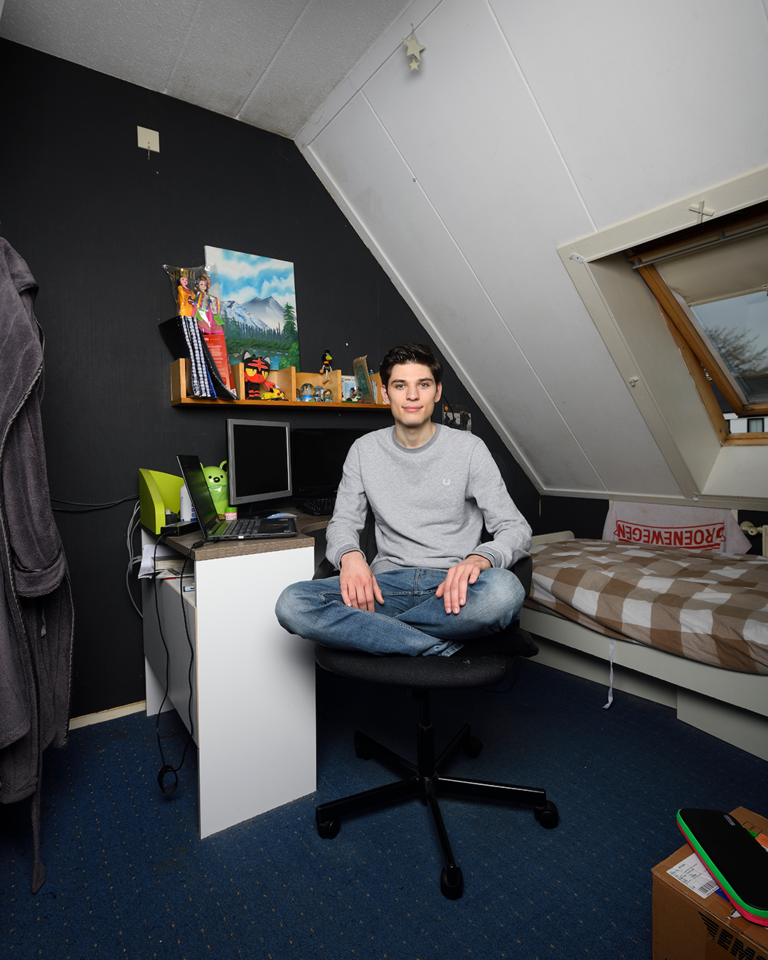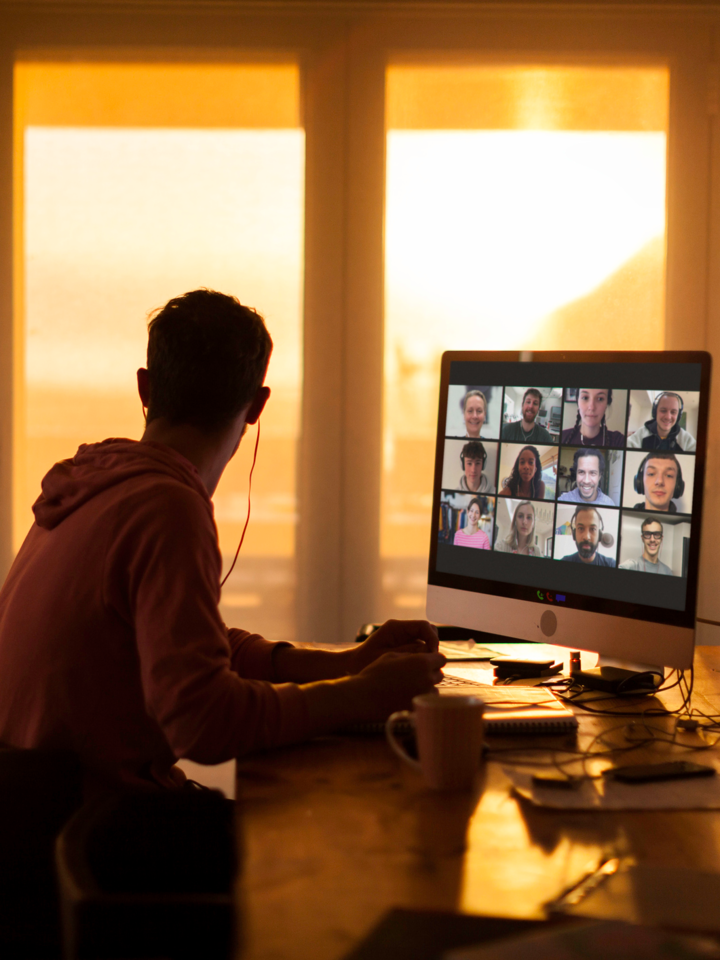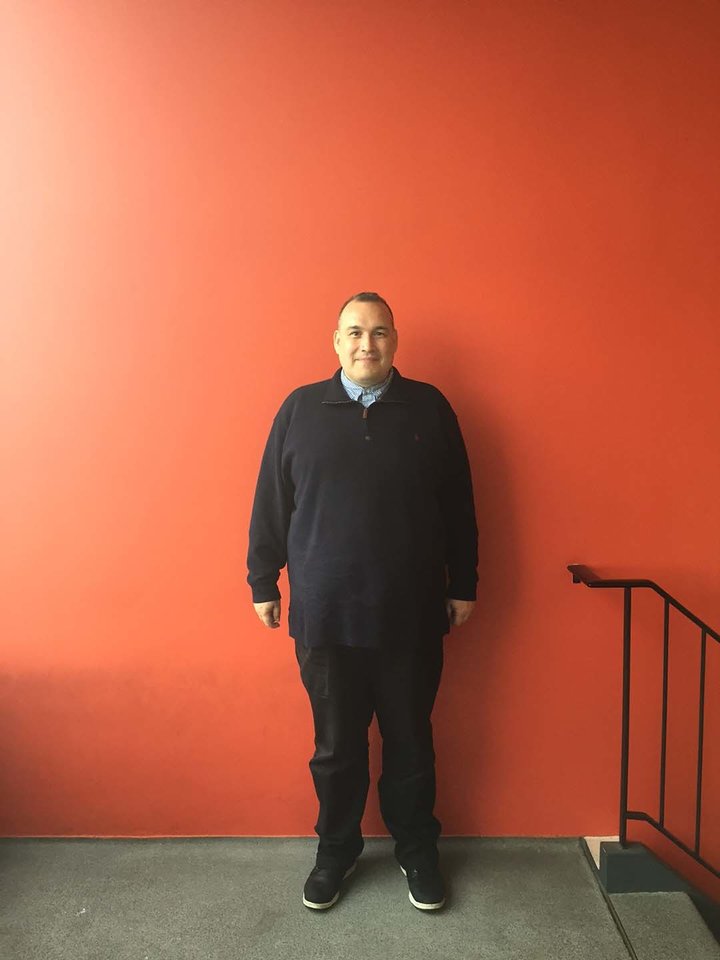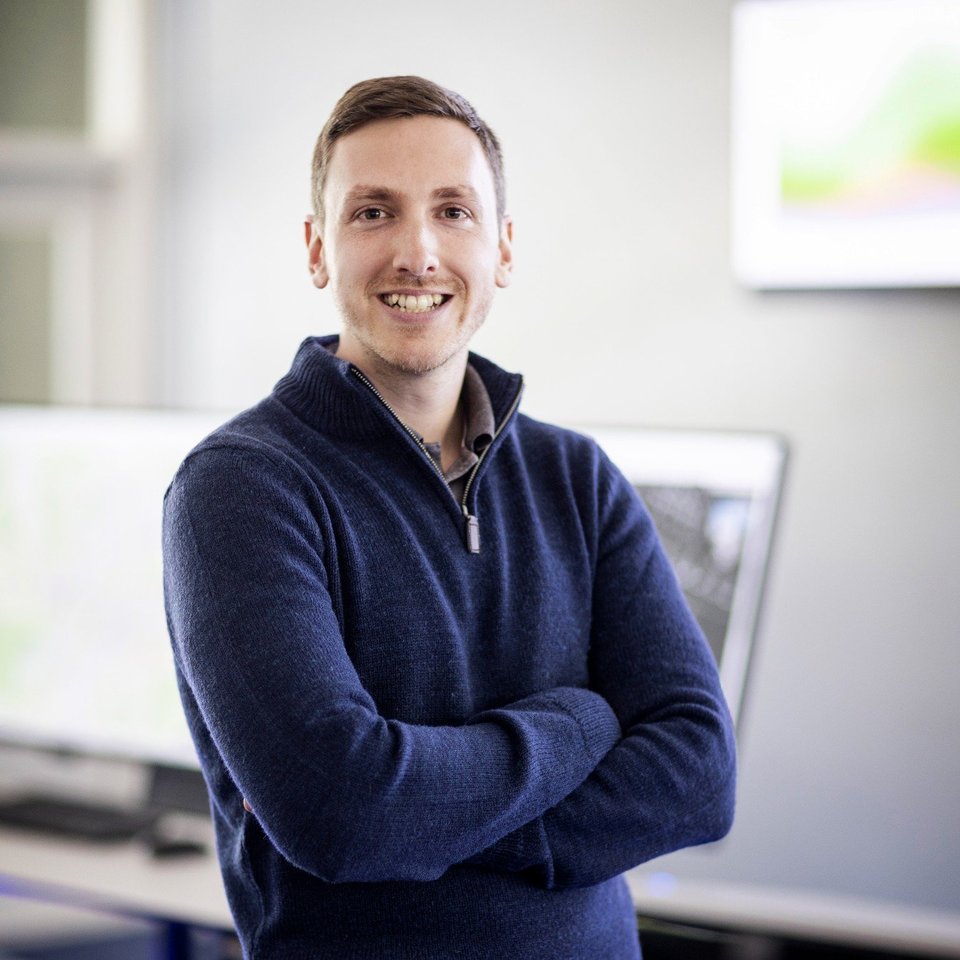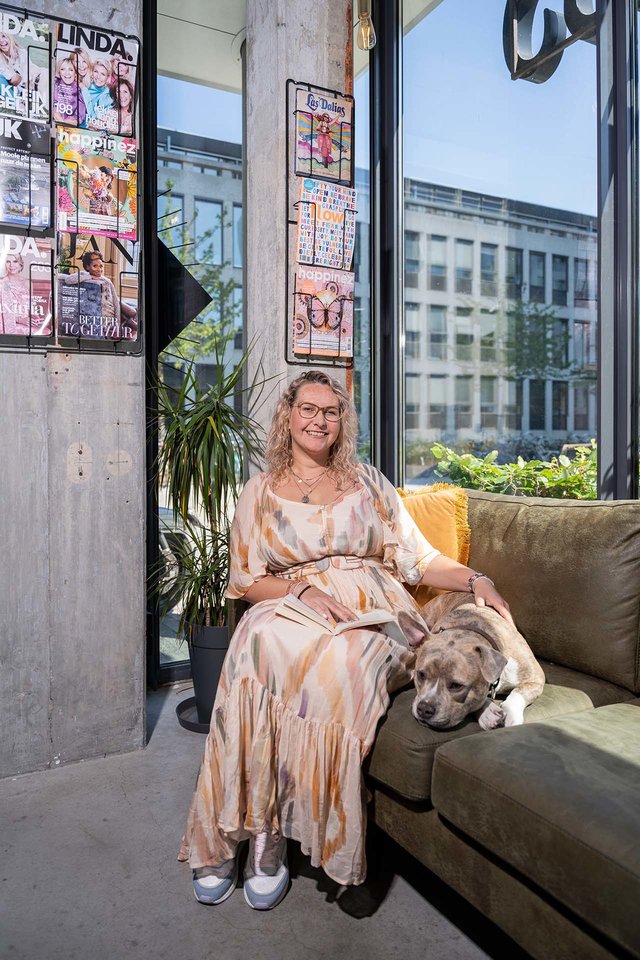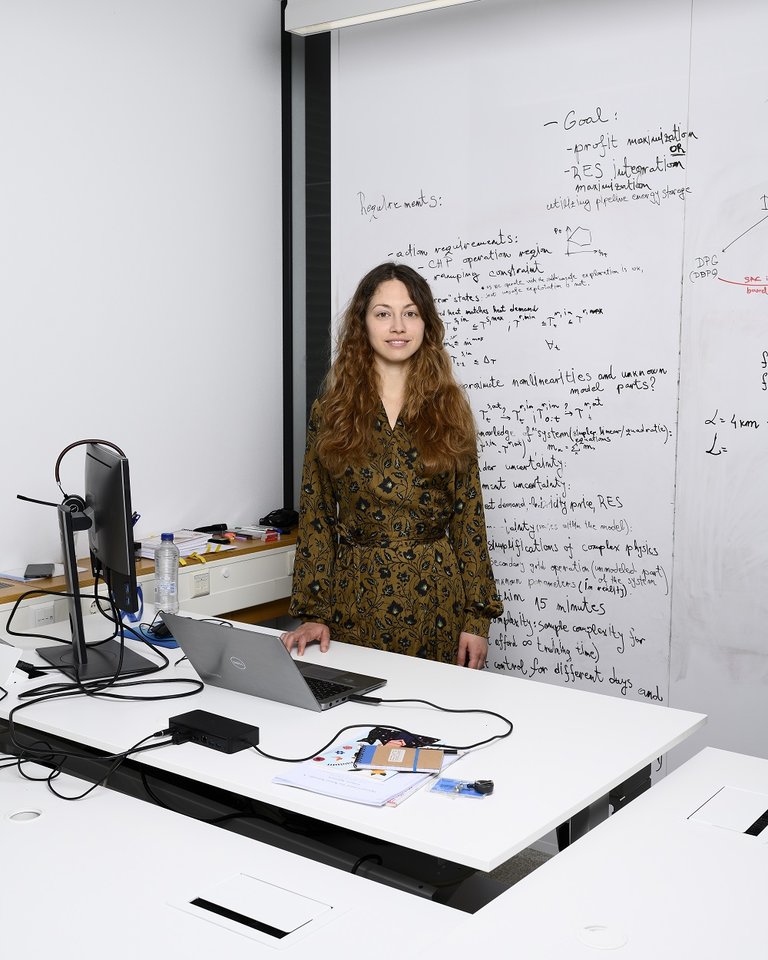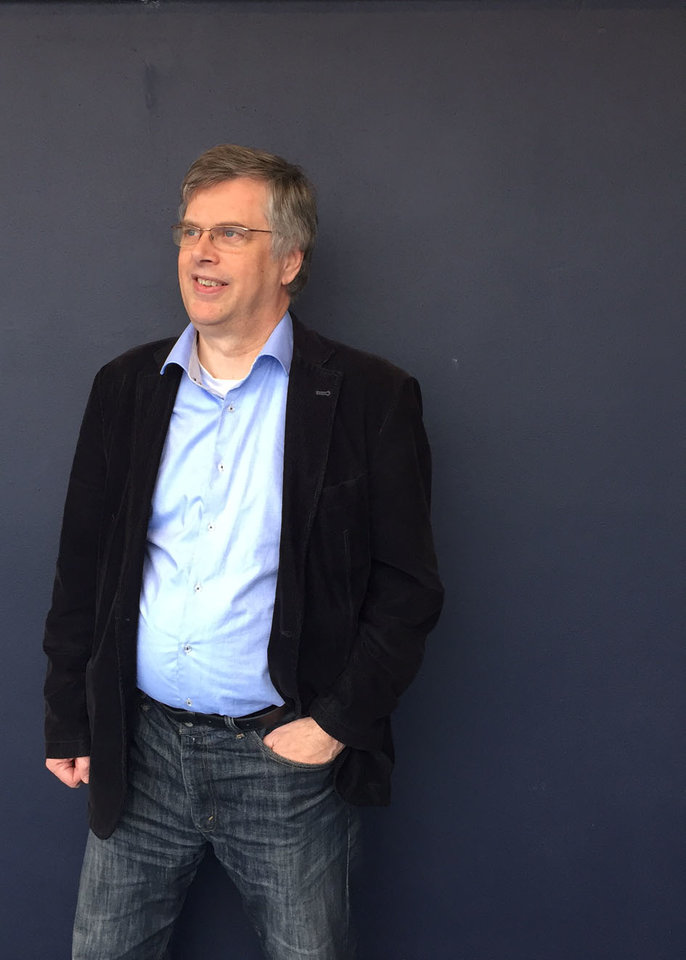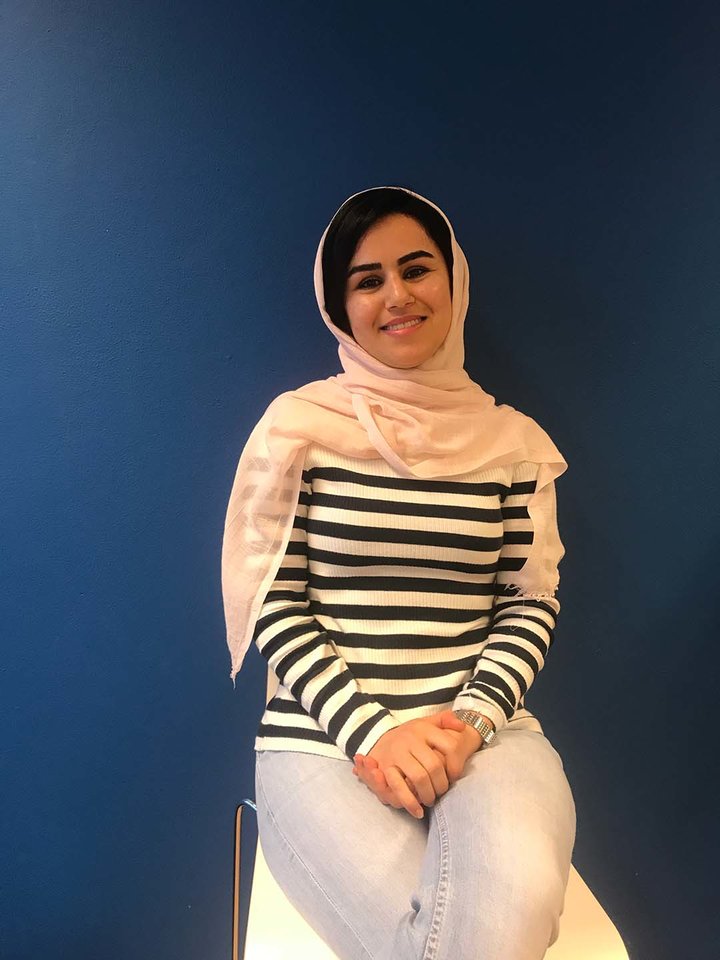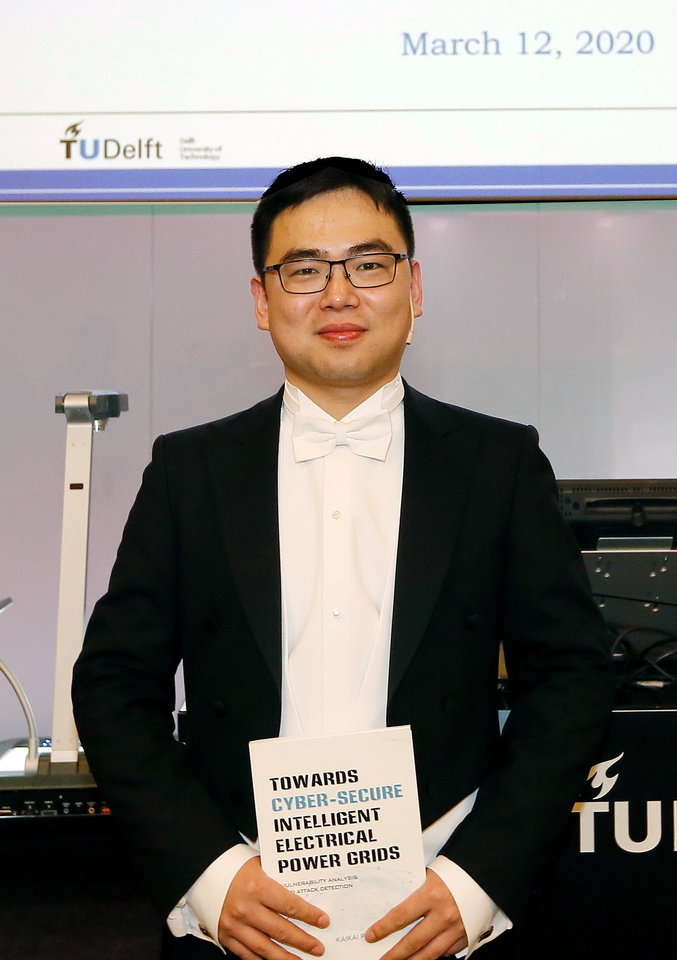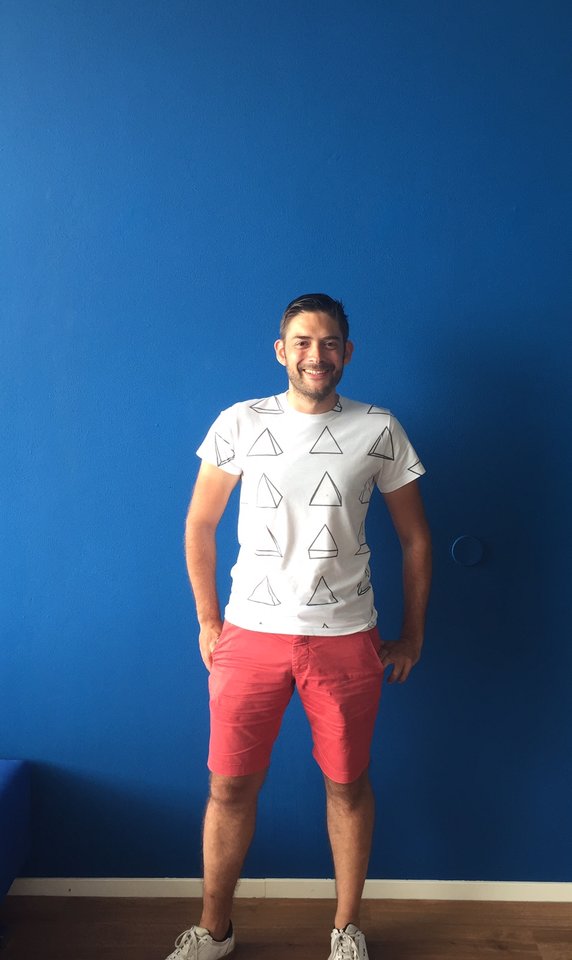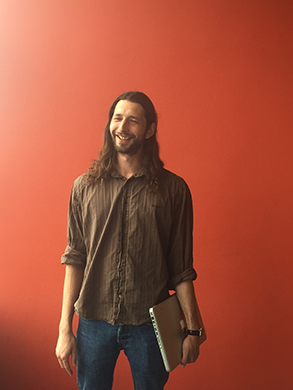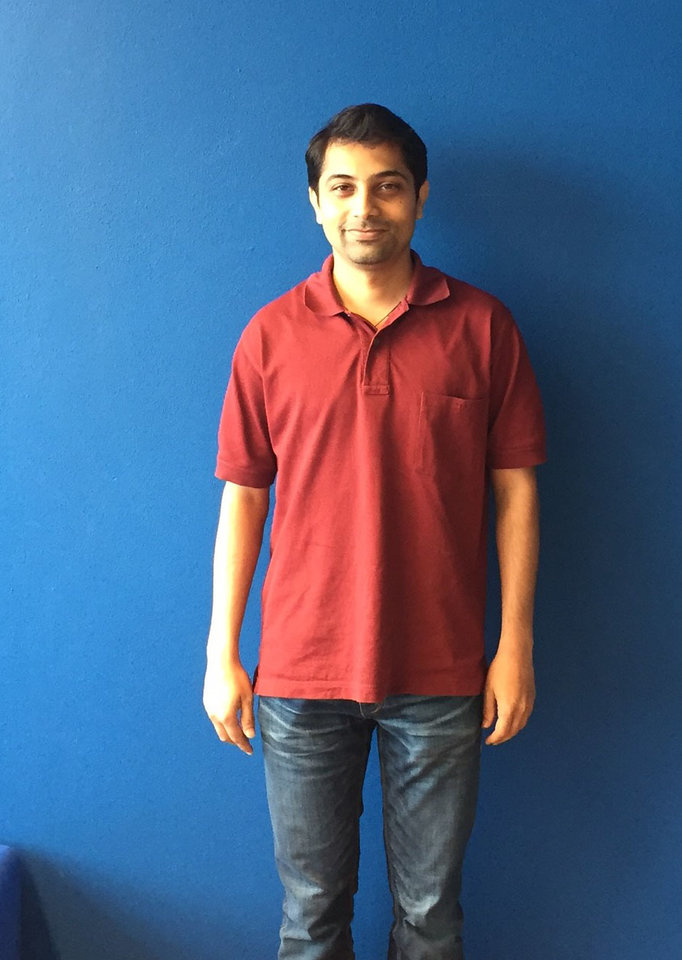In the past as well as more recently, TU Delft employees have been through incredibly unpleasant and difficult experiences. Within EEMCS, mainly women, PhD candidates, and international staff have been affected, according to the Berenschot report. We can never fully rectify what happened to all these people. We can, however, try together to make sure that things get better. One of the things that is important in this process is to talk to each other. That is why, for this Humans of EEMCS series, we are talking to people about the EWIquette theme Stepping up and supporting others when they need it.
“I think that it’s very important to support our colleagues, but we should not wait until people need our help. Ideally, we should work in an atmosphere where we’re empathetic in every situation. Let's prevent colleagues from getting to a point where they need help. Let's prevent burnout. Let's minimize stress. Let’s try to motivate people in a positive way, rather than with fear, stress, or pressure.
Recently a student I have been working with said she appreciated my leadership style: the way I guide her motivates her to do good work because she wants to make me proud. And that made me very happy because the alternative also exists, where PhD students work hard so their promotor doesn’t get mad. That makes me sad, especially because being a PhD was one of the happiest periods of my life. Although it was sometimes stressful and it came with pressure, I truly enjoyed the experience. I think most of the pressure came from within. And I think It’s natural to feel that kind of pressure or motivation but you should never feel fear.
We should improve our culture. A good way to start would be for people in power positions to show vulnerability. We should create space to open up, by initiating tactful conversations where we don’t demand answers. It takes time and effort to connect with people on a more personal level.
I learned a lot from my PhD advisor. She was very open and accommodating to different needs and different personal situations. She created an atmosphere in our group where everyone felt very safe. She made a point out of bringing all of yourself to work. Bring 100% of yourself and we as an organization will accept you with your “luggage”.
As a woman and an international, I understand that both groups face challenges in a male-driven, Dutch environment. There is a language as well as a cultural barrier. The Dutch language tends to be very direct and blunt. Many other languages and cultures - English included - use polite and nuanced phrasing. Women also tend to use more gentle language. Because of this, our messages may get unnoticed, or perceived as unimportant or mild. It is not enough to hear what other people say, we should try to understand what they mean! And the other way around, certain conversations can feel offensive and rude to us when it is not meant in a bad way.
Someone recently casually told me that I’m one of the oldest women in the department. And I’m not 40 yet. How is that possible? We have too few female professors. That said, when I look at people who joined after me, and I think there is a good ratio of males versus females. There is a positive change.
For the future, I hope that we can create a more balanced ratio of male to female students. We have to show young women that you can do beautiful things with electrical engineering that impact society. We need to look into how we can attract them as students because we need their talent, perspective, and mindset.”




